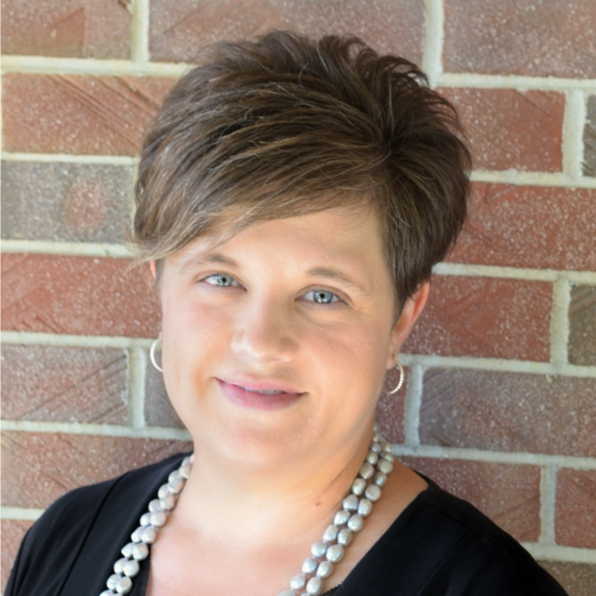
Article
July 23, 2023
Written by Brenda Gillen
Doctoral Student Aims to Improve Preschool Inclusion in Rural Kansas
Lena Kisner’s passion for early childhood special education spurred her investigation of preschool inclusion rates in rural Kansas schools. She’s a special education director, overseeing children from birth to age 21 for five interlocal school districts.
Lena Kisner’s passion for early childhood special education spurred her investigation of preschool inclusion rates in rural Kansas schools. She’s a special education director, overseeing children from birth to age 21 for five interlocal school districts. In fall 2023, when Kisner graduates from the University of Northern Colorado’s doctoral program in Special Education, she will have completed her research and taught the UNC graduate course Applied Assessment in Early Childhood Special Education four times.
“The biggest barriers for preschool inclusion are the attitudes and perceptions of people who don’t understand that kids with disabilities can be educated successfully in quality early childhood programs alongside kids without disabilities. And understanding these programs are not just caregiving; the learning there is critical to setting these kids onto a trajectory of success,” Kisner said. “Kansas has wonderful public schools, but preschool was an area where there hadn’t been growth.”
To determine how preschool inclusion was faring and whether there was a difference based on how special education services were provided, she took a deep dive into Kansas State Department of Education data, reviewing the last three years’ preschool inclusion rates for all 286 school districts. Her dissertation, “An Investigation Into What Contributes to High Rates of Preschool Inclusion in Rural Kansas School Districts,” involves case-study research into inclusive and blended early childhood education and special education. She focused on rural school districts where rates of preschool inclusion are lower than their suburban or urban counterparts.
Special education service models vary by type of school district. In larger Kansas districts, schools provide their own special education services, whereas smaller districts often pool their resources and join cooperatives where one district sponsors services. In interlocal districts, an independent entity provides special education services.
Her research involved class observations and artifact examination, including handbooks, newsletters, social media and websites. Kisner found that larger districts had more inclusion, but some rural districts in cooperatives and interlocals had higher than average rates.

“I completed interviews, some in person and some via Zoom, with special education teachers, providers, administrators, community members and parents,” she said. “They’re using different strategies and models, so we’re not seeing a one-size-fits-all approach. It was important to me to look at the positives and discover what’s working. It takes creative thinking, but it is possible to include all children in preschool programs, even in rural communities.”
Early Childhood Special Education Professor Nancy Sileo was impressed by Kisner’s professionalism. She said Kisner engaged fully with the online doctoral program and remote student and faculty activities.
“In addition to being a doctoral student, Lena is a professional in the field who runs quite a large special ed program. She’s been involved actively in research, professional development, scholarship and collaborative activities,” Sileo said. “She’s a mom, a spouse and a role model in many ways. Through her research she wants to make practical applications of what she’s learning to improve the lives of young children, so they have better successes throughout their school careers.”
Kisner believes Sileo has been most supportive by asking questions and allowing her to develop her interests and passions.
“She kept probing without telling me what to do. That coaching relationship was one of the most valuable pieces of the program,” Kisner said.
Kisner said long-term research supports her work’s practical application and positive impact. The U.S. Secretary of Education has also promoted the concept of universal preschool.
“The more we can do in early childhood, the more long-term benefits we see. When we expose kids to all children in early childhood, we’re setting them up for successful adulthood. On a personal level, we adopted our son from foster care at 18 months. He has learning disabilities and was in inclusive preschool programs,” Kisner said.
Kisner previously earned bachelor’s and master’s degrees in Psychology and an education specialist degree in School Psychology from Fort Hays State University in Kansas and completed a certificate program at Wichita State University. Looking ahead, she’s eager to teach the early childhood assessment course at UNC again this fall. While she’s happy working in public schools, her degree will position her for future work in higher education.
“I’d like to teach in special education or school psychology to support training new-to-the-field individuals. I’d like to work with that preparation program to get them into the field,” Kisner said.



